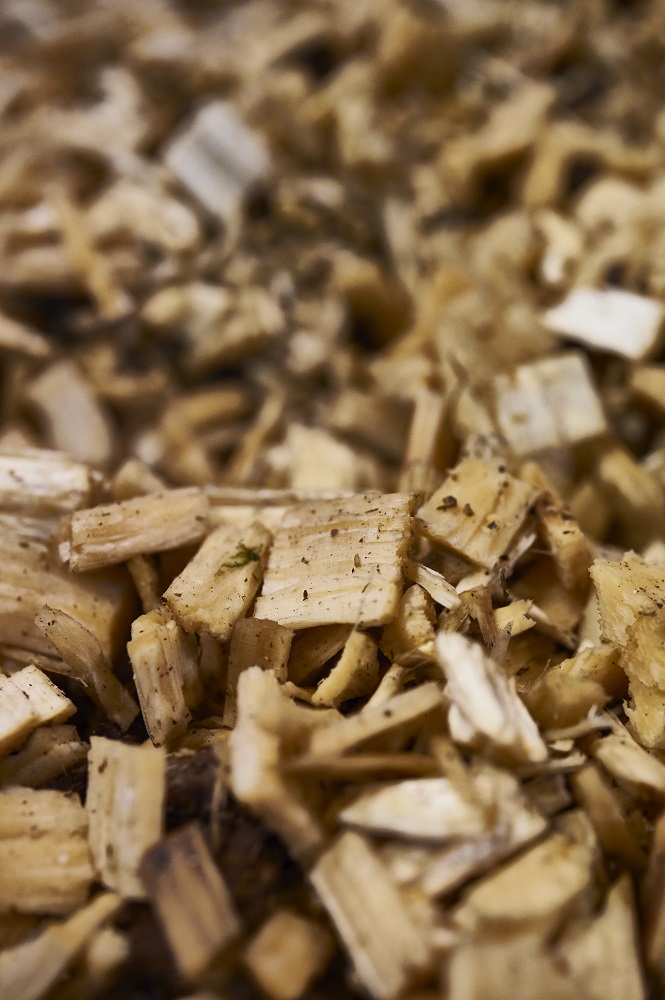It’s a story of financial mismanagement and government incompetence that has been revealed through meticulous questioning during the course of 111 days of hearings. But it’s also put the poultry industry under the spotlight and has seen former Moy Park chief executive Janet McCollum forced to answer questions in public about whether the scheme benefitted the firm.
But now the oral hearings of RHI inquiry have concluded, what has been revealed? And where do farmers in Northern Ireland who legitimately claimed for heating systems stand now?
The scheme was set up in 2012 to boost uptake of eco-friendly heat systems – but the government failed to cap the limit for claims, meaning it was possible exploit the scheme for profit.
Stories of empty sheds being heated year-round started to circulate, but the inquiry found no detailed evidence of this happening, and these stories remain anecdotal.
According to the Ulster Farmers’ Union, poultry farmers who claimed are now only entitled to claim a reduced tariff that will run until 31 March 2019. “After then, our understanding is that ‘a sunset clause’ will apply, whereby the Secretary of State may decree the powers to extend the current cap and reduced tariff for another year, or until such time that the outcome of the DfE consultation becomes clearer,” says a UFU spokeswoman.
By late 2016, the RHI scheme had been closed down, but it left behind a bill of £490m, and relations between Northern Ireland’s two biggest political parties started to rapidly sour.
It also sullied the reputation of farmers who installed boilers, many of them part of the poultry industry. The UFU says its members were let down by government. “The majority of farmers entered the scheme in good faith and operated in line with RHI regulations. The government, responsible for designing and delivering the scheme, have let the industry down,” says a UFU spokeswoman.
The Democratic Unionist Party (DUP) and its ministers had been in charge of the department that set up the scheme. Sinn Féin, its partner in government, became unhappy with how the DUP handled the fallout after the RHI scheme was the topic of a BBC documentary.
The inquiry was set up to find out who had approved RHI decisions and why. It had the power to force witnesses to appear, meaning there were often difficult scenes of questioning of key politicians and civil servants.
The Northern Ireland civil service admitted ‘multiple failings’ in its handling of complex policy issues, like energy. Individual politicians were also forced to answer for their failings. It emerged staff with little expertise were running a technical scheme they didn’t understand.
Some of them didn’t see the most obvious flaw until the scheme had already been running for several years, despite red flags from whistleblowers.
There are questions too, about why Northern Ireland sought to differ its RHI scheme than one in Great Britain, which had been established already and contained measures to ensure costs were capped.
DUP minister Arlene Foster was enterprise minister when the scheme was set up and told the inquiry she didn’t read the regulations before she brought them to the assembly.
On the day former Moy Park chief executive Janet McCollum was questioned she accepted RHI payments to Moy Park’s farmers had indirectly benefitted the integrator.
The payments helped make up for a shortfall between the fuel allowance which Moy Park was prepared to pay to its farmers and the cost of the fuel which they required to heat poultry sheds.
While there was a huge public outcry about sums of money some claimants were earning from the scheme, for the most part what they were doing was entirely legal, and the failures appear to have been almost exclusively with the politicians and civil servants.
The oral evidence has now concluded but it’s unlikely a report will be published before next Easter. In the meantime genuine claimants and the Northern Irish public are picking up the pieces for a political failure.


